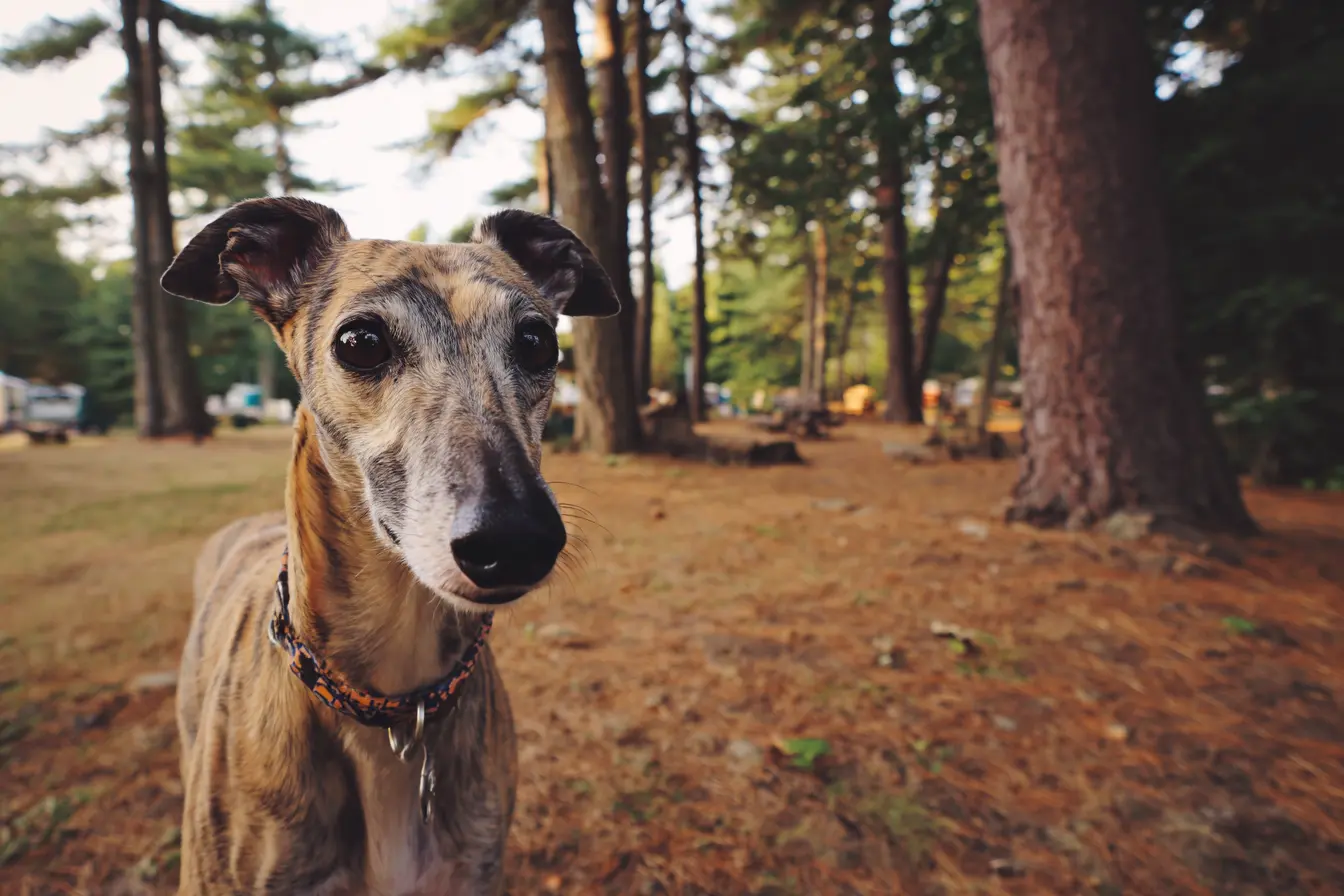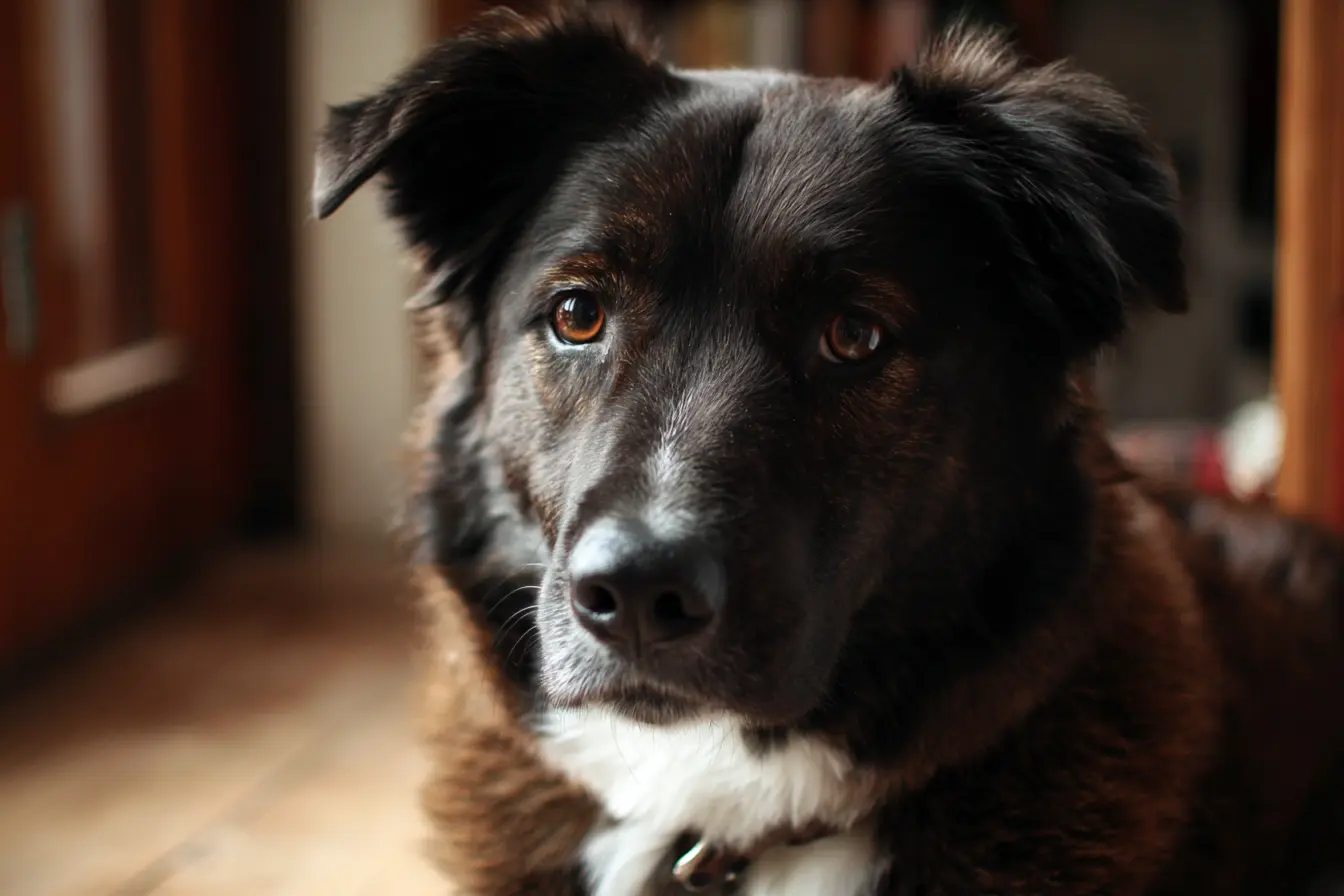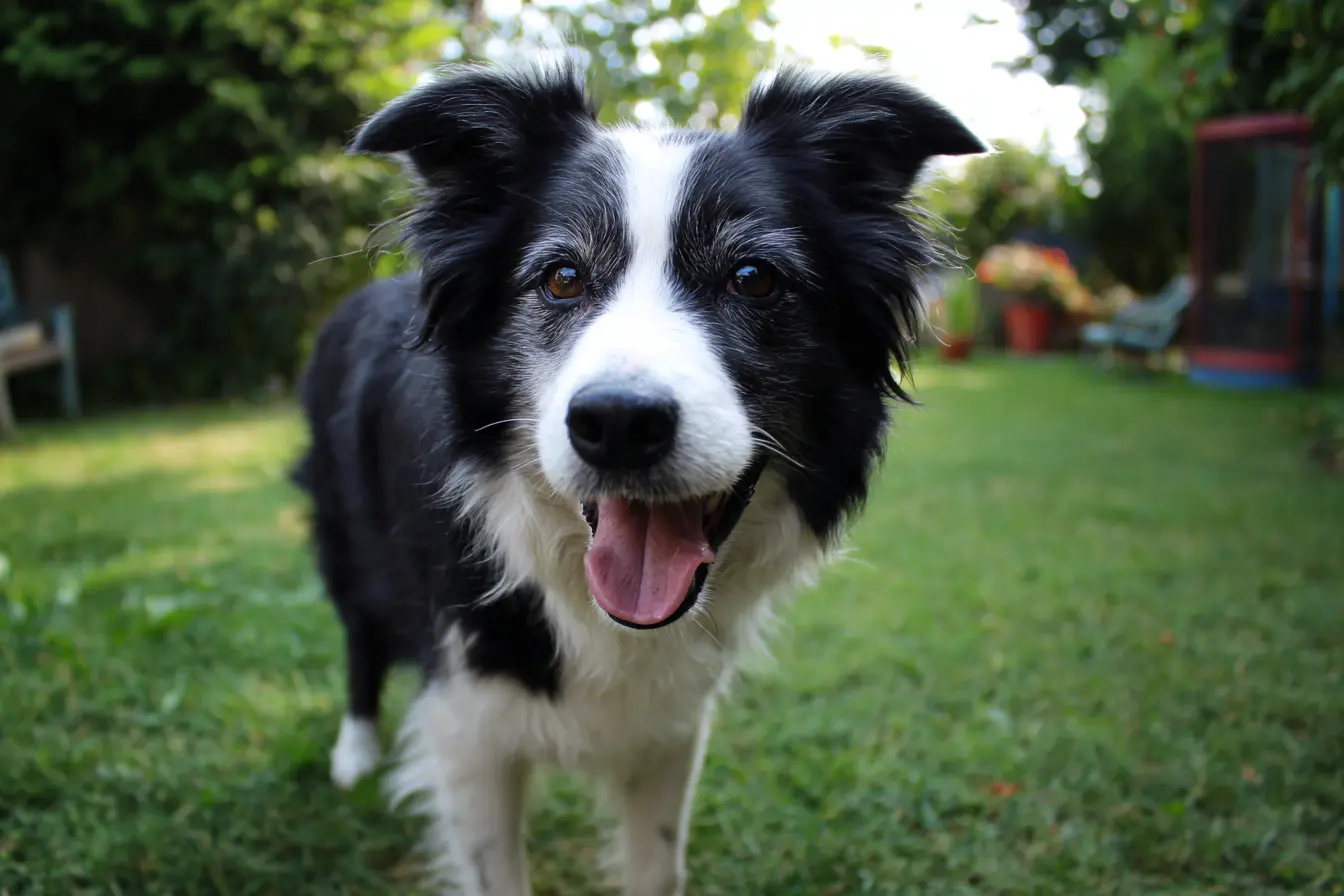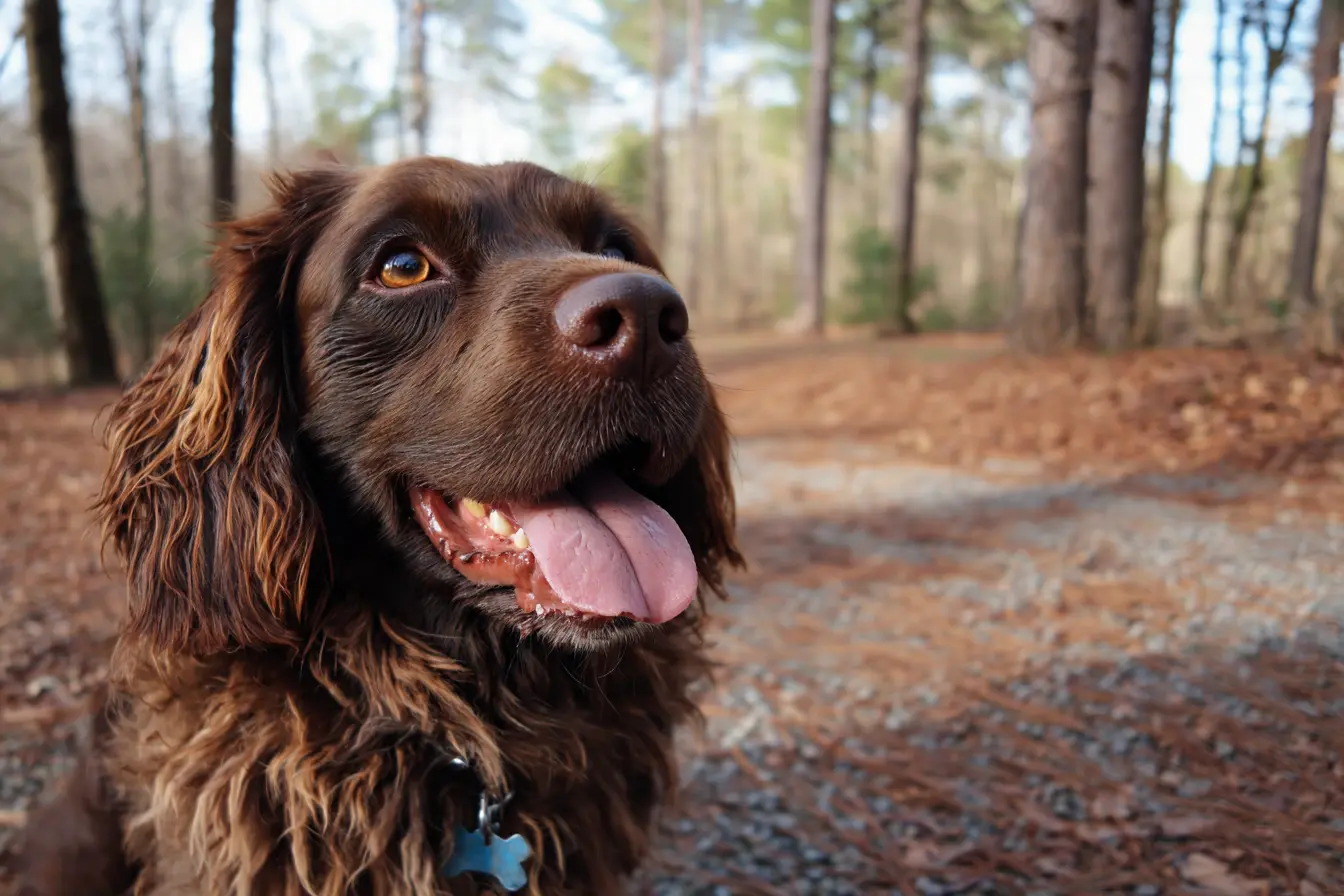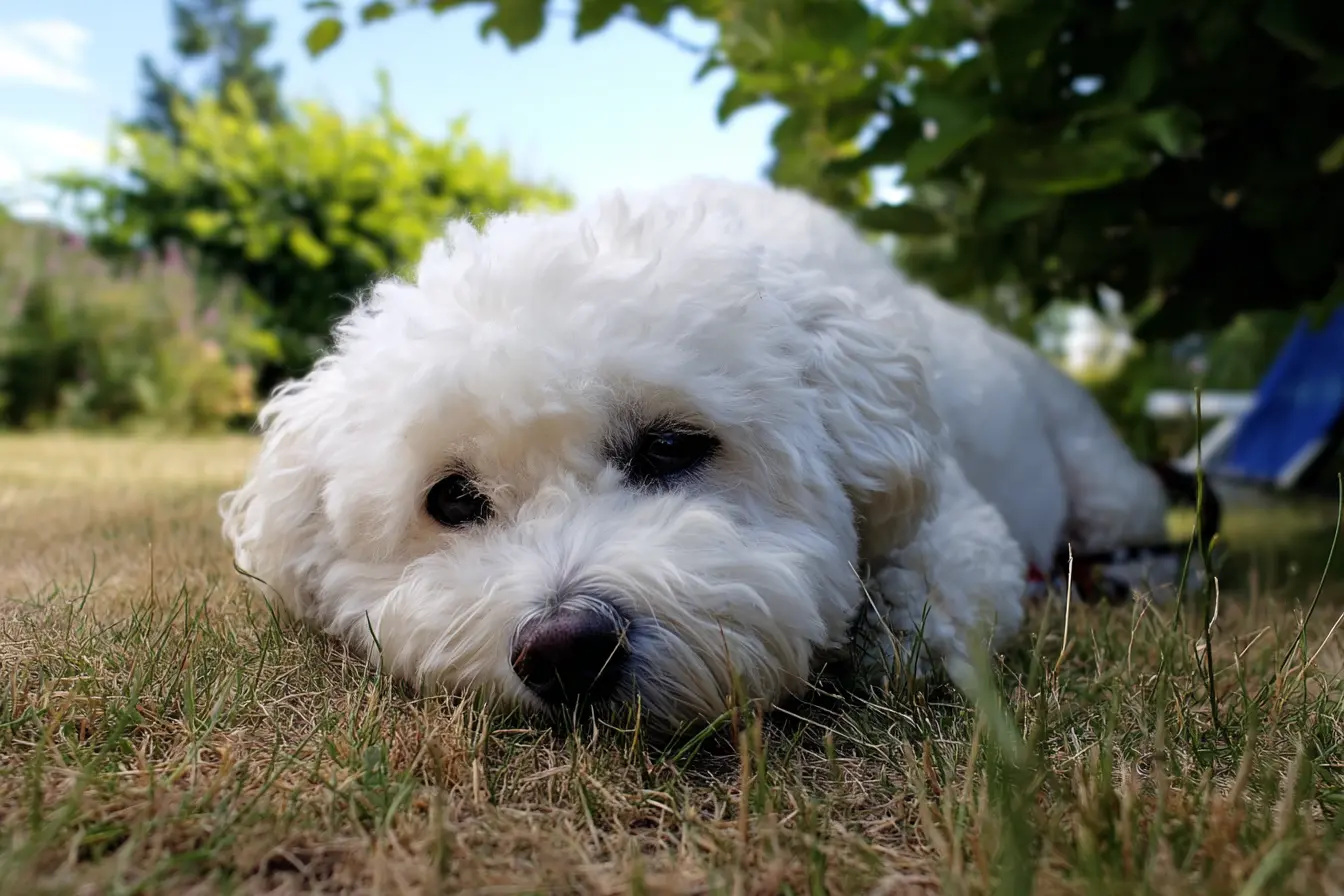
The Toy Group: Small in Size, Big in Heart
The Toy Group is one of the most beloved groups of dogs, characterised by their small stature, lively spirits, and affectionate nature. Originally bred primarily for companionship, Toy breeds have a long history of gracing the laps of royalty and bringing joy to households around the world. Despite their diminutive size, these dogs are often brimming with courage, intelligence, and personality. If you are considering welcoming a Toy breed into your life, this guide will provide you with everything you need to know.
What is the Toy Group?
The Toy Group consists of small dog breeds developed mainly to be companions. Some were bred specifically for nobility, while others served additional roles such as watchdogs, entertainers, or rat catchers.
Their small size makes them especially suitable for urban living, but they are no less spirited or capable than their larger counterparts. Many Toy breeds retain the tenacity and boldness of the working breeds from which they originally descended.
Key Characteristics of Toy Dogs
- Size: Very small, usually under 7 kg.
- Temperament: Affectionate, intelligent, lively, and sometimes feisty.
- Exercise Needs: Typically moderate, though some breeds have high energy in a small package.
- Trainability: Intelligent and quick to learn, although some can be stubborn.
- Affection Levels: Extremely high; thrive on human companionship.
- Lifespan: Many Toy breeds enjoy long lifespans, often living 12–16 years or more.
While adorable, Toy breeds require proper training, socialisation, and care to ensure they grow into well-adjusted companions.
Popular Breeds Within the Toy Group
Here are some of the most loved and recognised breeds from the Toy Group:
Chihuahua
- Originally used for: Companion dog.
- Personality: Bold, alert, and fiercely loyal.
- Exercise Needs: Moderate; daily walks and playtime.
- Notable Traits: The smallest dog breed with a huge personality.
Pomeranian
- Originally used for: Companion dog, descendant of larger sled dogs.
- Personality: Vivacious, outgoing, and confident.
- Exercise Needs: Moderate; active indoors and outdoors.
- Notable Traits: Luxurious double coat and proud carriage.
Cavalier King Charles Spaniel
- Originally used for: Companion dog to European nobility.
- Personality: Gentle, affectionate, and friendly.
- Exercise Needs: Moderate; loves longer walks and family activities.
- Notable Traits: Beautiful feathered coat and soulful eyes.
Pug
- Originally used for: Lapdog for Chinese and European royalty.
- Personality: Charming, playful, and affectionate.
- Exercise Needs: Moderate; care needed in hot weather due to flat faces.
- Notable Traits: Wrinkled face and distinctive curled tail.
Yorkshire Terrier
- Originally used for: Ratting dog in textile mills.
- Personality: Spirited, intelligent, and brave.
- Exercise Needs: Moderate; enjoys walks and mental stimulation.
- Notable Traits: Silky, flowing coat and bold attitude.
Papillon
- Originally used for: Companion dog.
- Personality: Happy, intelligent, and eager to please.
- Exercise Needs: High for their size; loves to be active and challenged.
- Notable Traits: Butterfly-like ears and dainty appearance.
Bichon Frise
- Originally used for: Companion and circus performer.
- Personality: Cheerful, affectionate, and playful.
- Exercise Needs: Moderate; enjoys regular walks and indoor play.
- Notable Traits: Fluffy white coat and lively disposition.
Italian Greyhound
- Originally used for: Companion and small game hunter.
- Personality: Gentle, sensitive, and affectionate.
- Exercise Needs: Moderate; loves bursts of high-speed running.
- Notable Traits: Elegant build and sleek coat.
Chinese Crested
- Originally used for: Companion and rat catcher on ships.
- Personality: Affectionate, lively, and devoted.
- Exercise Needs: Moderate; playful and interactive.
- Notable Traits: Comes in Hairless and Powderpuff varieties.
Training and Exercise Needs
Despite their small size, Toy breeds are intelligent and active. They benefit greatly from early training and regular exercise.
Training Tips:
- Positive Reinforcement: Gentle, rewards-based training works best.
- Early Socialisation: Helps prevent shyness and anxiety later in life.
- Consistency: Small dogs can develop "small dog syndrome" if spoiled or not given boundaries.
Exercise Requirements:
- Short walks: Most Toy breeds enjoy and need at least one or two short walks a day.
- Playtime: Many Toy breeds love games of fetch, agility training, or puzzle toys.
- Indoor Activity: Some Toy breeds can burn off energy indoors with regular play.
Grooming and Care
Grooming needs vary depending on the breed:
- Low Maintenance: Breeds like the Pug or Italian Greyhound require minimal grooming.
- High Maintenance: Breeds like the Yorkshire Terrier and Bichon Frise need regular brushing and professional grooming.
Regardless of coat type, all Toy dogs require:
- Dental Care: Small breeds are particularly prone to dental disease. Regular tooth brushing is essential.
- Nail Trimming: Frequent trimming is necessary to prevent overgrowth.
- Ear Cleaning: Regular checks and cleaning help prevent infections.
Some Toy breeds, such as brachycephalic breeds (Pugs, etc.), may also need extra care regarding breathing and heat sensitivity.
Health Considerations
Toy breeds are generally robust, but they are prone to specific health issues:
- Dental Problems: Overcrowded teeth are common.
- Patellar Luxation: Dislocation of the kneecap.
- Tracheal Collapse: Common in small dogs with delicate windpipes.
- Heart Issues: Some breeds like the Cavalier King Charles Spaniel are prone to heart conditions.
- Hypoglycaemia: Young Toy puppies can be prone to low blood sugar.
Routine veterinary care and preventative health measures are essential for maintaining long-term wellbeing.
Living with a Toy Dog
Toy breeds are incredibly adaptable and can thrive in a variety of homes, from city flats to large houses. However, they are often fragile and require gentle handling, particularly in homes with small children.
They thrive on human interaction and often prefer not to be left alone for long periods. Their loyalty and affectionate natures mean they bond closely with their families.
Due to their small size, they can be vulnerable to accidents such as being stepped on, dropped, or injured by rough play. Supervision and education of young children are important.
Pros:
- Adaptable to small living spaces.
- Highly affectionate and devoted companions.
- Generally long-lived.
- Intelligent and trainable.
Cons:
- Fragile; require careful handling.
- Can be prone to dental and breathing problems.
- May develop "small dog syndrome" without proper training.
- Require consistent socialisation to prevent nervousness.
Is a Toy Dog Right for You?
If you are looking for a loving, lively, and portable companion, and you are committed to their care, a Toy breed could be a perfect match. They are ideal for individuals, couples, seniors, and families with older, gentle children.
However, if you prefer a highly independent or rugged outdoor dog, or you are unable to supervise interactions with very young children, a Toy breed may not be the best fit.
Conclusion
The Toy Group offers a world of charm, intelligence, and companionship in compact packages. Whether you’re drawn to the brave Chihuahua, the dignified Cavalier King Charles Spaniel, or the lively Pomeranian, there is a Toy breed suited to many different lifestyles. With the right care, training, and affection, a Toy dog will be a devoted, joyful, and enchanting member of your family for many wonderful years.
Vets near you
Speciality vets
- Aquatics vet specialists
- Birds vet specialists
- Camelids vet specialists
- Cats vet specialists
- Cattle vet specialists
- Deer vet specialists
- Dogs vet specialists
- Equines vet specialists
- Exotic vet specialists
- Goats vet specialists
- Pigs vet specialists
- Poultry vet specialists
- Sheep vet specialists
- Small Mammals vet specialists
- Wild vet specialists
Vet facilities
- Accessible by public transport
- Blood testing
- Car park nearby
- Client car park
- Dentistry
- Diagnostic imaging
- Disabled public access
- Flea and worm treatments
- Microchipping
- Mobile services
- Neutering
- Open at weekends
- Out-of-hours service
- Referral interests
- Referrals only
- Street parking outside
- Toilets available
- Vaccinations
